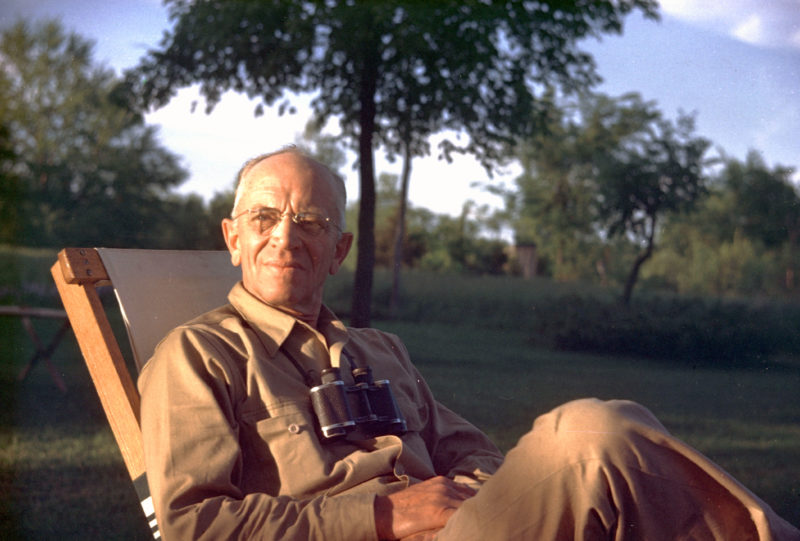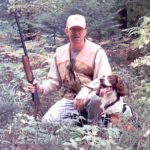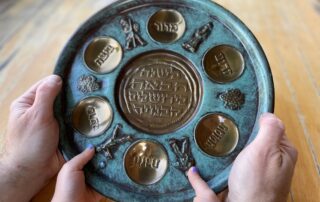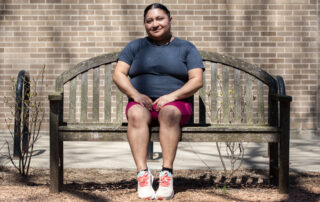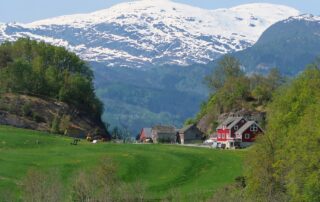Many people have been inspired by the works of Aldo Leopold. Ron Weber first picked up the Sand County Almanac as a high school kid looking for an easy read for an assignment. He didn’t realize the impact that Leopold would continue to have on his life.
I was introduced to Aldo Leopold at 18. I was searching for a book for an assignment. Suffering from “senioritis” I hoped to find something that I could get through quickly.
I noticed this book with a sunset over water with geese flying. “A Sand County Almanac” was the title and as I flipped it over I read “There are some who can live without wild things and some who cannot.” Being interested in nature and hunting I decided to take a look as this book showed promise on two fronts – thin and about nature.
I just happened to open the book to a paged titled “Smoky Gold” an essay on grouse hunting. Figuring it was a book about hunting I excitedly checked it out. Little did I know that this book I hoped was no more than an easy way out of an assignment would be a lifelong companion and would come to change the way I viewed nature and my place in it.
I must confess that I did not read the entire book at the time. Seeds of Leopold’s thinking, however, were planted in the recesses of my brain. But like all seeds it would take time and cultivation to realize the lasting fruits.
I read the book again while getting my forestry degree from UW-Stevens Point. I was more ready for the deeper meanings that Leopold so poetically expressed. Since then I’ve read it many times, each time learning both more of what Leopold was trying to say and how much my thinking had changed since I last read it.
Much of what Leopold writes about is as relevant today as when he first wrote it almost seventy years ago. One of his central themes is we abuse land because we see it as something that belongs to us instead of a community to which we belong. It takes a little humility to admit that is true and even more responsibility to care that it is true.
Leopold was an avid outdoorsman and is definitely one of the more eloquent spokespersons our outdoor sports have ever known. It would be a great idea for every sportsperson to pick up “A Sand County Almanac” sometime. That might ensure how we engage in our outdoor sports is much more important than the number or size of game harvested.
As a society it would certainly benefit us if more people would read Leopold and as he said “let their minds work the while.” The forward to the book is a masterpiece. In it he writes, “Our bigger and better society is now like a hypochondriac, so obsessed with its own economic health as to have lost the capacity to remain healthy.”
The Aldo Leopold Foundation, located in Baraboo near the site of Leopold’s famous shack does a magnificent job of spreading Leopold’s message .Wood from the very trees Leopold and his family planted was used in the construction of the Leopold Center.
The shack, once a worn out farm that was nursed back to health by Leopold and his family, is a state treasure. The feeling one gets when sitting by the shack listening to the wind singing in the pines he planted can best be described as spiritual.
An 18 year old I once knew saw the natural world as simply a stage on which hunting, fishing and trapping was performed. A lifetime with Leopold has taught me that our connection to nature goes much deeper and that each of us is blessed to play the small part that we do.
